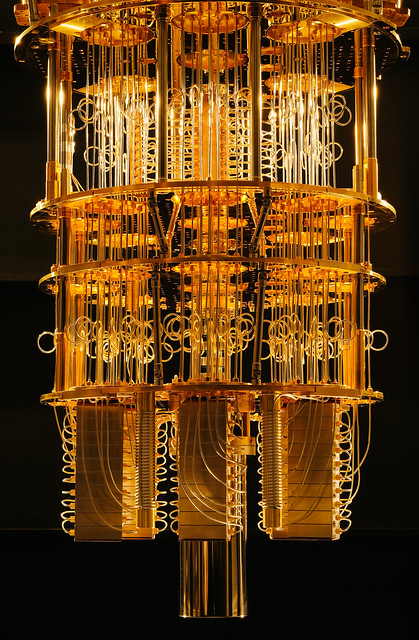
A near-term goal in quantum computation and simulation is to realize a quantum device showing a computational advantage. The goal here is to perform a quantum experiment whose outcome cannot be efficiently predicted on a classical computer. A hope of this program is that performing such an experiment may be simpler than building an universal quantum computer. Candidate quantum devices for this task include boson samplers and Google-AI’s random quantum circuits, based, respectively, on photonic and superconducting qubit architectures.
In this talk, I will first give a high level introduction to my research, which focuses on theoretical methods to describe quantum computers and many body systems, and how to apply these to the design of quantum algorithms. I will then focus on my recent work on the concrete problem of demonstrating superior quantum computational power. I will review current approaches and associated challenges concerning scalability, verifiability and computational soundness. We will introduce a new proposal based on short-time evolutions of 2D Ising models [1-2]. Our proposal has the benign features of being hard to simulate classically (assuming plausible complexity theoretic conjectures) while being reasonably close to cold-atomic quantum implementations, and admitting an efficient simple quantum verification protocol. This provides an alternative path towards demonstrating a reliable quantum advantages with realistic quantum simulators.
[1] J. Bermejo-Vega, D. Hangleiter, M.
Schwarz, R. Raussendorf, and J. Eisert, Architectures for quantum
simulation showing a quantum speedup, Phys. Rev. X 8, 021010, https://arxiv.org/abs/1703.00466
[2]
D. Hangleiter, J. Bermejo-Vega, M. Schwarz, and J. Eisert,
Anticoncentration theorems for schemes showing a quantum speedup,
Quantum 2, 65 (2018), https://arxiv.org/abs/1706.03786
Ponente: Juani Bermejo-Vega. Free University of Berlin.
Fecha y hora: Miércoles, 10 de julio a las 12:00.
Lugar: Seminario de Física Computacional. Planta baja del edificio de Física (junto a las pantallas). Facultad de Ciencias.
